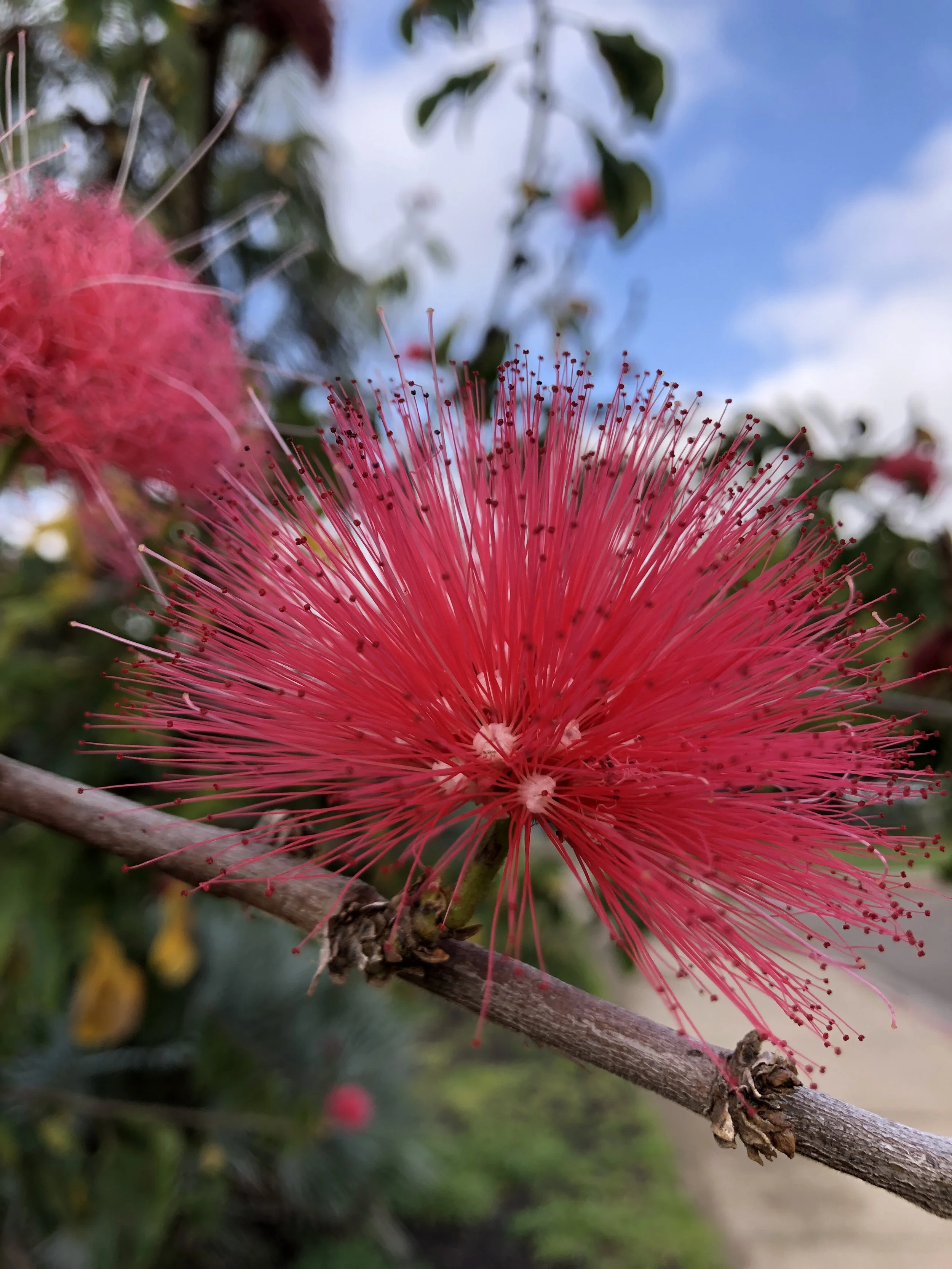reimagining the couch
integrating multiple modalities
aspiring to liberatory practice
Office in BK
available for tele-health in NY & VT
offerings
-
individual therapy
Together, we will grow further awareness of your self, your relationships, your work and your play in this ever-evolving world. Through the process of (re)discovery, you will develop insight into old, repetitive patterns, and find new ways of being. I have experience working with depression, anxiety, panic attacks, trauma, substance abuse, disordered eating, and more.
-

partner & family therapy
Every family is unique and holds the potential to define how to relate to one another. Our families are also influenced by intergenerational familial, cultural, and societal dynamics that can become invisible. When a family invites a therapist into the family system, we can slow down, listen, question what is taken for granted, and love with more care and intention.
-

consultation
I have worked with mental health in clinical, organizational, school-based, and community settings for 10 years. I have experience assisting folks towards transformative change on individual, small group, and organizational/systemic levels. I can supervise clinical work, as well as consult on wellness initiatives, mental health curriculum, and restorative justice practices.
I was born and raised in NYC, where I have spent most of my life, with exception to my years studying at Smith College, and briefly living abroad in Dakar and Beirut. During my undergraduate years, I did not study psychology, so my early theoretical background is in sociology. As such, I bring a great deal of structural analysis into our work, with attention to race, class, gender, sexuality, disability, immigration status, as well as histories of colonization, imperialism, and resistance. Before practicing as a clinical psychotherapist, I was a union organizer and a school counselor. My MSEd in Counseling is from CUNY Hunter, where I also taught for years, and my Advanced Certificate in Mental Health Counseling is from SUNY Buffalo.
I love hearing bird chirps in NYC, dancing near speakers, and watching latte froth-bubbles pop.
about me
praxis
reimagining the couch
I have a lot of appreciation for the tradition of “the couch,” which is representative of the sacred and containing space that the therapy room provides to patients. The private office can create a demarcation (González, 2020) from the outside world, leaving room for new parts of ourselves to emerge, and “liberational potentiality” to take form (Padrón, 2019). I also often wonder about what psychoanalytic healing looks like in community, where the setting isn’t as bounded as the private office and the delineation between “therapist” and “patient” roles is more fluid. To read a snapshot of my ever-evolving thoughts on this subject, check out my essay in Division Review, published by D39, the psychoanalytic branch of the APA.
integrating multiple modalities
While my formal training and credentials are in psychotherapy, I am interested in a broad spectrum of healing modalities through which we make meaning and find solace. There are some belief systems and practices with which I have more familiarity (i.e. astrology, tarot, plant-based medicine, bodywork), but if you are engaged in practices with which I am less or unfamiliar, I will approach them with curiosity, facilitate an exploration of what these practices mean for you, and collaborate on how we might make use of them in our treatment. I trained at a psychoanalytically-oriented clinic and one of the foundational aspects of psychoanalysis I most admire is the acknowledgment of the unknown. This leaves room for endless possibilities of what psychotherapy might look like. Along more traditional psychoanalytic lines, I will encourage you to share dreams, fantasies, and free associative material, as they provide us insight into that which we do not have conscious access to. Aligned with more recent relational psychoanalytic practice, I will use our relationship as a tool to better understand and workshop relational dynamics and patterns that emerge in other areas of your life. I also have some training in Dialectical Behavioral Therapy (DBT) and Internal Family Systems (IFS).
aspiring to liberatory practice
Through the belief in the unconscious, the belief in the unknown, and the belief in “uncommon sense,” psychoanalysis gives us the opportunity to dismantle or soften what feels calcified or “set in stone” about us and the world (Jacoby, 1975). Our minds (and our therapeutic dynamic) are in constant, fluid relationship to the world in which they’re situated. As such, social, political, and economic systems form—and are informed by—our minds. This breaks from therapies that are overly prescriptive, formulaic, or dogmatic in their approach; that are more focused on how we adapt to our current reality than how we can question it more deeply. That said, I incorporate and uplift mindfulness, emotional regulation, and distress tolerance skills as a means to settle our nervous systems in order to facilitate this deeper work. Much of the reading that I’ve done in my training, and continue to be drawn to, comes from an anti-colonial, feminist, queer, kink-friendly, and poly-friendly lens that challenges the ways psychology has historically pathologized difference. Please also see below regarding my fee structure, another way I try to practice this ethic.
fee structure
I offer a sliding-scale fee structure, which takes into account each patient’s access to income, wealth, health insurance, and other resources. For low-fee spots, I prioritize folks from groups that have not historically had access to quality, long-term, depth-oriented psychotherapy. This includes, but is not limited to, folks who are working class, BIPOC, queer, trans, undocumented, refugees, etc. If you are interested in working together, we would discuss your fee as part of the initial 15 minute screening.




